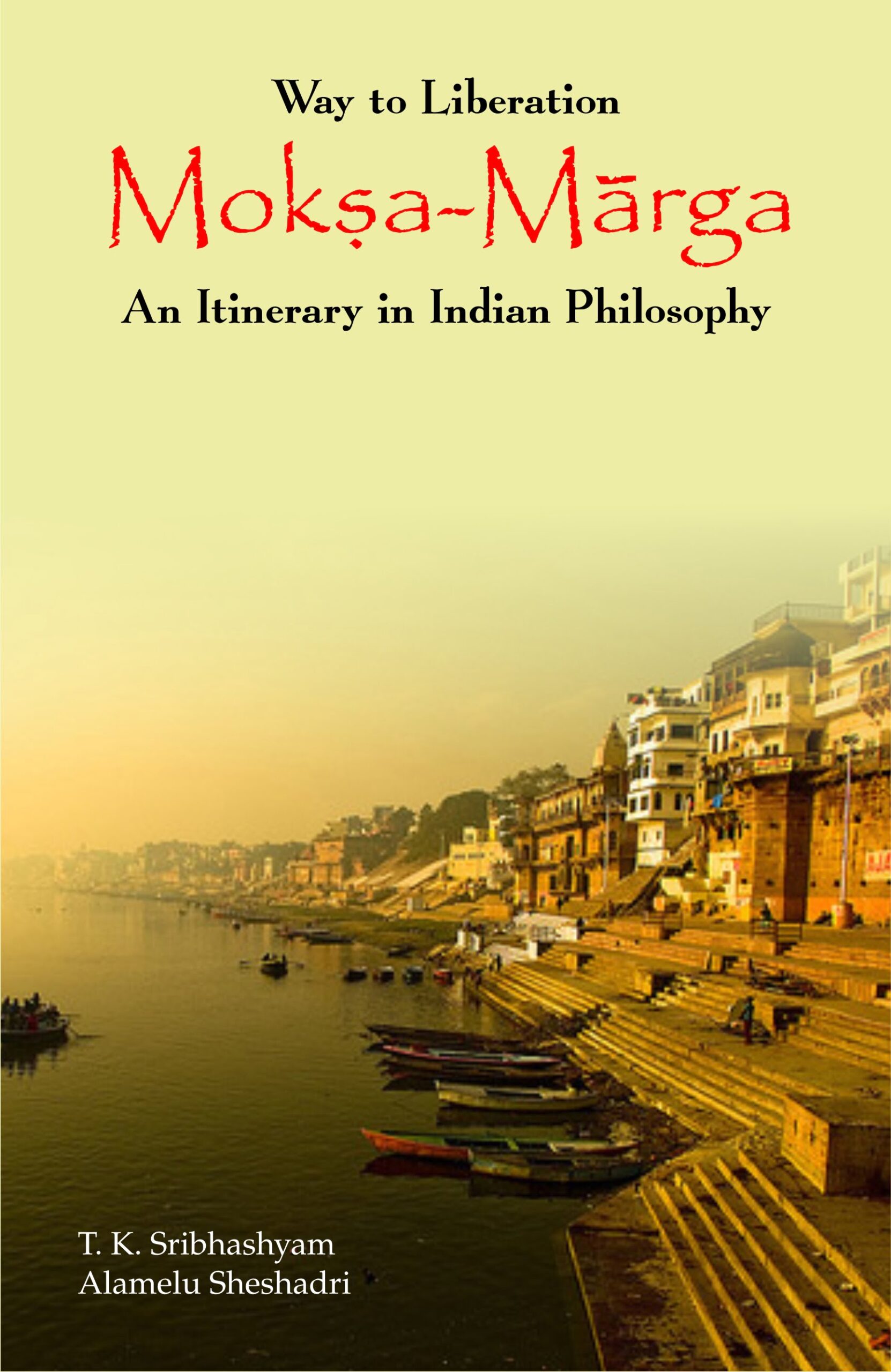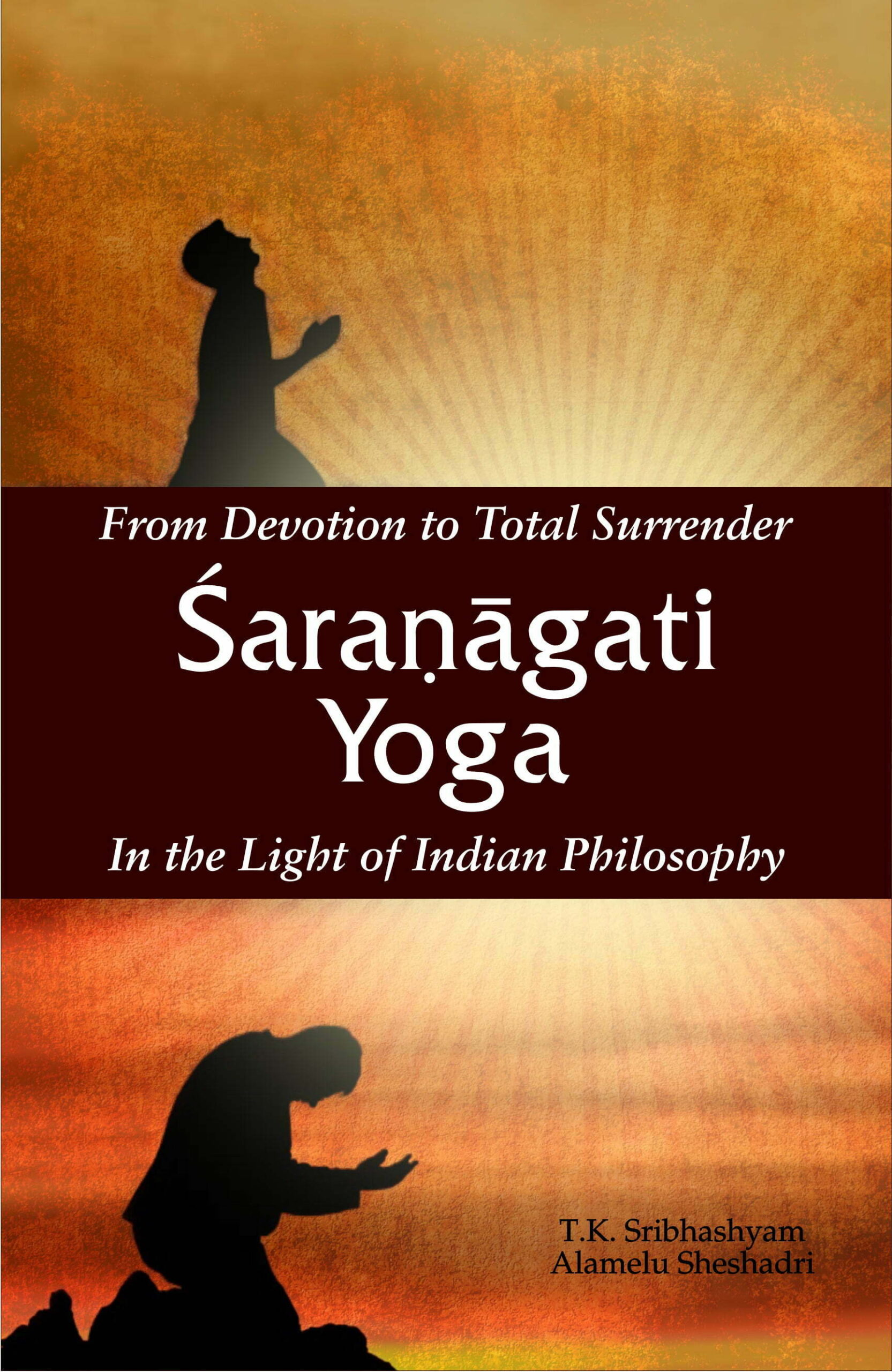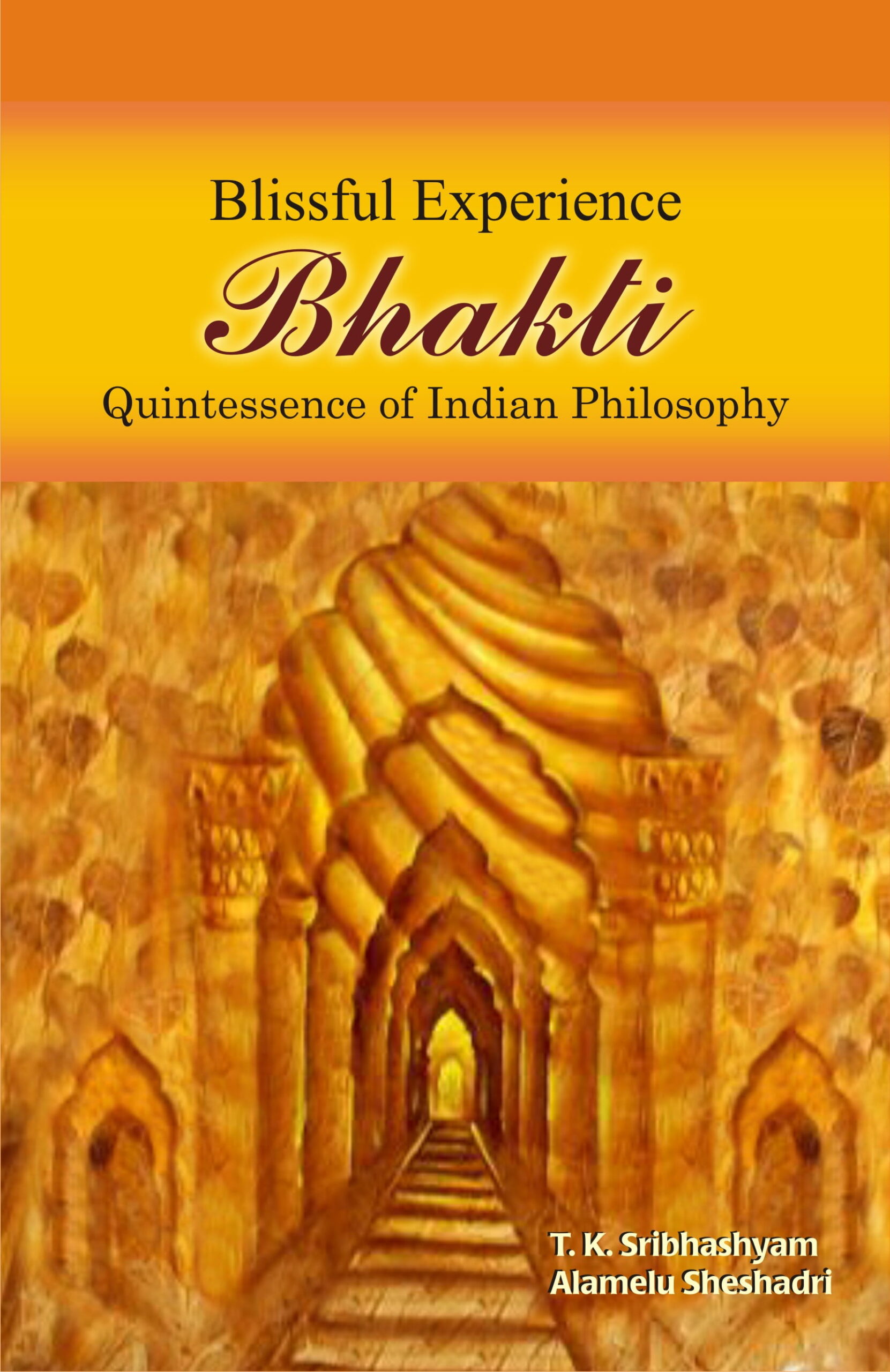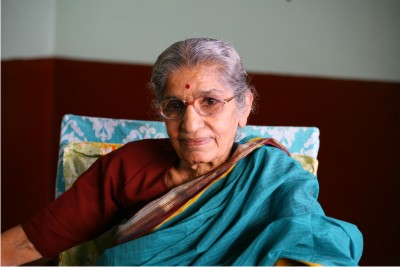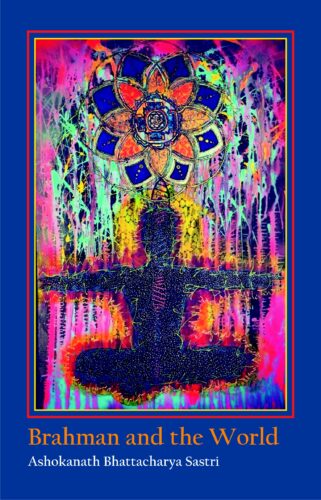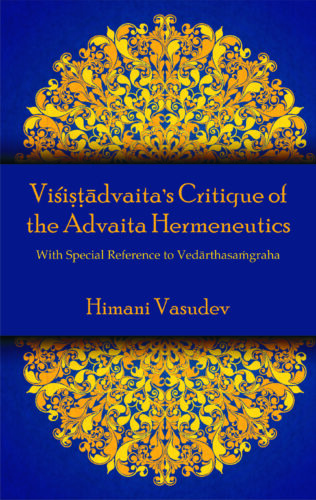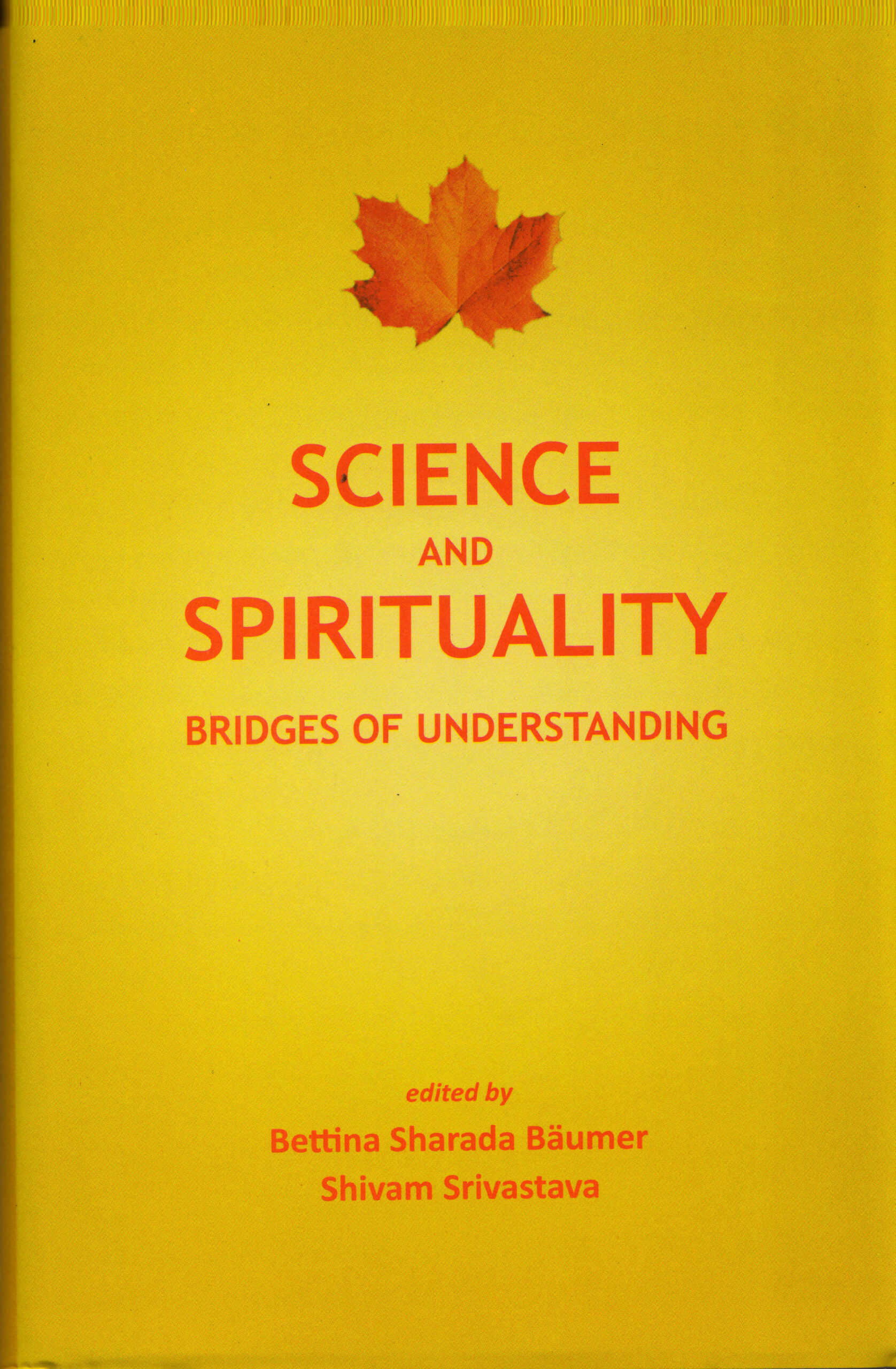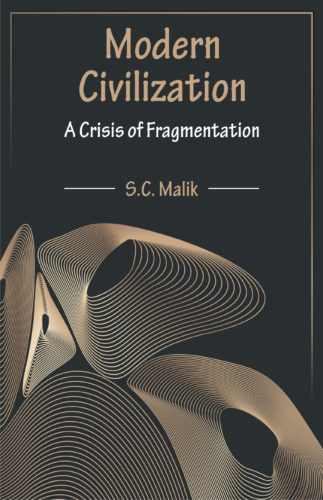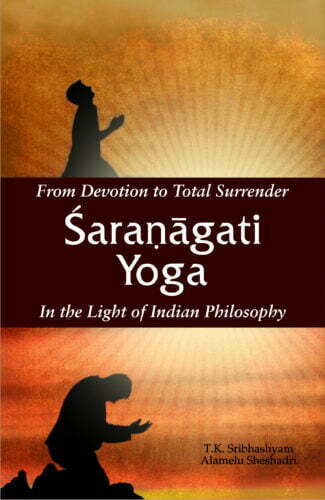

From Devotion to Tot...
From Devotion to Total Surrender Sharnagati Yoga
In the Light of Indian Philosophy by: T.K. Sribhashyam , Alamelu SheshadriThe book is an in-depth study of the origin of bhakti as expounded in ancient scriptures including the Vedas. While the emphasis is on RÀmÀnujas understanding of the Absolute, it explores the bhakti devotion in aivism and throws ample light on mans need for devotion without religious convictions.
Original price was: ₹850.00.₹765.00Current price is: ₹765.00.
ISBN: 9788124606360
Year Of Publication: 2012
Edition: 1st
Pages : xxvii, 348p.
Bibliographic Details : 2 b/w photographs, Glossary; Bibliography; Index
Language : English
Binding : Hardcover
Publisher: D.K. Printworld Pvt. Ltd.
Size: 23
Weight: 670
The volume is a comprehensive work on bhakti yoga or bhakti marga, seen as the direct path to perfection, the principal means to the progressive perfection of the soul.
The book begins with a detailed study of the origin of bhakti in the Vedas and its understanding in the Brahmanas, Aranyakas, the Upanishads and the Puranas, and other works. It attempts to approach bhakti as a representation of God in the created world and devotion without religious convictions. It throws light on man’s need to develop such devotion through absolute self-surrender to God. The bhakti concept in Vedanta is explored in-depth by referring to Vedanta schools of Adi Shankara, Bhaskara Bhatta, Ramanuja, Caitanya Mahaprabhu, the Alvar Saints of south India and the concept of devotion of Andal. Quoting from the thoughts of diverse bhakti saints of India, it explores the bhakti devotion in Shaivism referring to Shiva as the Supreme God and the concept of Shakti, aspects relating to moral responsibilities, bondage and liberation, and the doctrine of Shatstha. The emphasis is on Ramanujas teachings on bhakti: his understanding of the Absolute, jnana and consciousness, jiva and atma, time and spiritual consciousness. There is a chapter that provides a practical approach to bhakti thought, for instance, ways of developing consciousness of it and non-meditative forms of bhakti.
Life Sketch of Sri T. Krishnamacharya
Genealogy
Benediction by Sri B.K.S. Iyengar
Preface
Presentation
List of Tables and Figures
1. Dawn of Bhakti
Origin of Bhakti in Vedas
Bhakti in the Brahmanas
Bhakti in the Aranyakas
Bhakti in the Upanishads
The Concept of Bhakti in the Puranas
Great Devotees of the Puranas
Representation of God in the Created World
Shandilyas and Naradas Aphorisms on Bhakti
Naradas View on Bhakti
Anjaneyas Devotion
Devotion in Patanjalis Yoga-Sutra
Devotion Without Religious Convictions
2. Way to Develop Devotion
Mans Need to Develop Devotion
Developing Devotion
Developing Devotion in Absence of a Spiritual Education
Absolute Self-surrender to God, Prapatti
3. Concept of Bhakti in Vedânta
Bhakti in Vedanta
Bhakti in Vedanta Schools
4. Bhakti in Shaivism
Introduction
Devotion in Shaivism
Shaiva Agama
Shiva, the Supreme
The Concept of Shakti in Kashmir Shaivism
The Concept of Shakti in Shiva Mahapurana
Moral Responsibilities
Concept of Bhakti
Shaiva Philosophy in Vayaviya Samhita
The Supreme Soul
Bondage and liberation
The Four Means to attain the Supreme
Specificity in the Virashaiva Practice of Devotion
The Doctrine of Shat-sthala
5. Chosen Deity, Ishta Devata
Spiritual Ideal
Devata
Deity in Vedic Religion
Deity Worship
Chosen Deity, Ishta Devata
Role of Chosen Deity in Devotion
The Universal Validity of Choosing a Deity
6. RAmAnujas teaching of bhakti
A Résumé of the Concept of Vishishtadvaita
The Universality of Ramanujas Teaching
7. Practical Approach to Devotion
Consciousness of Devotion
Developing Devotion
Means of Developing Devotion
The Concept of Purity in Devotion
Concentration, Contemplation and Meditation in Devotion
Means to Different Stages of Devotion
Ramanujas Indications for Devotional Exercises
Non-meditative Forms of Bhakti
Glossary
Bibliography
Index



